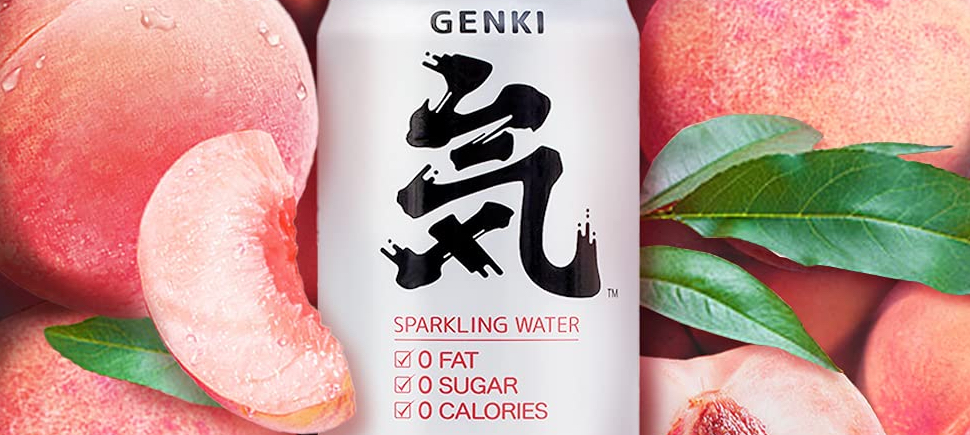Coke and Pepsi copy Genki Forest’s sugar-free beverages
One of the most innovative consumer brands to emerge in China in recent years, Genki Forest has created a market for pricey sugar-free drinks. Now major global and Chinese players are piling in to compete.

For four straight years, the fizzy health beverage startup Genki Forest has scaled the summit of Fount Olympus with almost no resistance. But in 2021, other beverage giants, seeing their profits squeezed, geared up for a fight. The sparkling water wars have begun:
Last year, Coke and Pepsi introduced their own sparkling water brands into China — AHA sparkling water and bubly — in direct competition with Genki Forest.
- In April, Nongfu Spring, the king of Chinese bottled water, also launched a new sparkling soda series.
- Even bubble tea brands HEYTEA and Nayuki, along with milk and yogurt brand Wahaha, have launched their own sparkling waters.
- Many of these new beverage brands are a direct knockoff of Genki Forest, touting zero sugar, zero calories, zero fat — the same niche that Genki proved so lucrative.
Genki Forest rose to fame last year after a massive fundraising round in May put the five-year-old startup at a $6 billion valuation — a 300% growth rate. Its unsugary delights are now a staple of Chinese city life, found inside every convenience store and vending machine.
- Genki has recently rolled out new product lines geared toward the vegan, latte-sipping Chinese urbanite. The company launched a zero-sugar coconut juice, along with a room-temperature beverage that contains probiotics called “Countermeasure,” and an electrolyte water brand called Alienergy.
- The startup’s strategy now looks to be to flood the market with a variety of product lines in the hopes of developing a full food and beverage empire. At the end of 2020, the CEO, Táng Bīnsēn 唐彬森, said that 95% of the brand’s products had yet to be launched.
- Last year, an executive at the company revealed its annual sales to be around 10 billion yuan ($1.58 billion). Genki Forest plans to expand its investments into food.
- In 2020, the brand began dabbling in fast food, investing in a number of companies in the prepared meals, coffee, and alcoholic beverage sectors.
The takeaway: The year 2021 was a turning point in the rise of Genki Forest. In the next few years, the beverage company will face steep competition from legacy beverage makers who have caught on to the health craze among urban youths.






